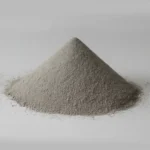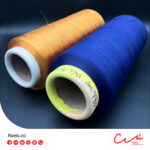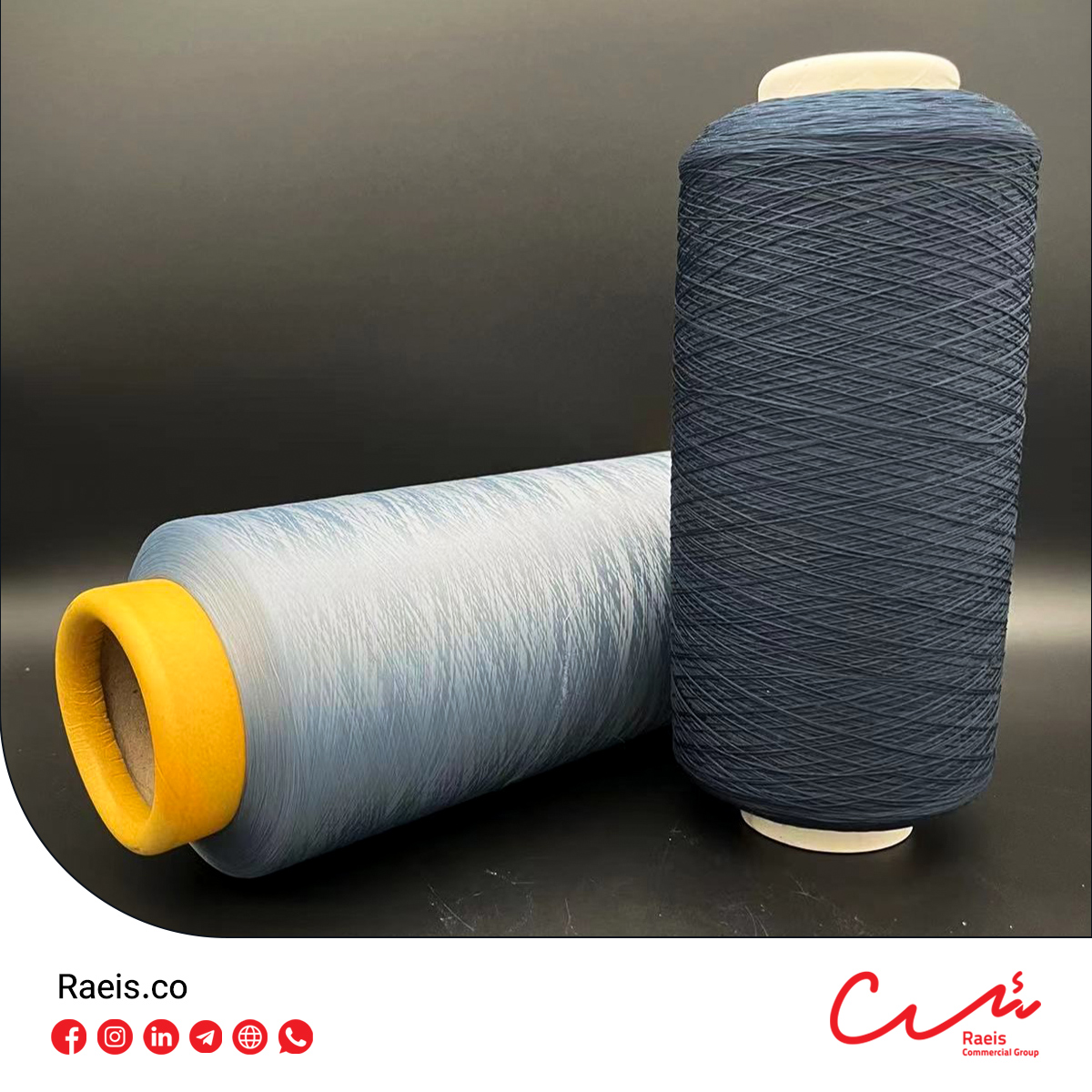DTY yarn
ارسال رایگان
تحویل اکسپرس و سریع
20 هزار محصول
روش های پرداخت
پشتیبانی 24/7
پشتیبانی نامحدود آنلاین
تحویل 2 روزه
پیگیری سفارشات
The textile industry is one of the oldest industries in the world, playing a vital role in human life. From early clothing made with natural fibers like wool and cotton to modern fabrics created using advanced technologies with synthetic yarns, yarns have always been an essential component of the textile industry. Depending on raw materials, production processes, and physical and chemical properties, yarns exhibit a vast variety of applications across industries.
In recent decades, with advancements in technology and the need for more advanced materials, synthetic yarns like polyester, nylon, and acrylic have gained significant prominence. These yarns are known for their unique features such as high durability, longevity, recyclability, and affordability. Among these, Draw Textured Yarn (DTY) stands out as one of the most significant types, owing to its unique properties and wide-ranging benefits.
Due to its versatility, DTY yarn has become a staple in producing various products, from sportswear and home textiles to industrial items. This guide by Raeis Industrial Group delves into DTY yarn, exploring its features, production processes, advantages, purchasing considerations, and pricing factors, offering comprehensive insights for manufacturers, designers, and industry professionals.
Understanding DTY Yarn
DTY yarn, or Draw Textured Yarn, is a type of synthetic yarn produced using polyester or nylon through advanced processes of stretching and texturing. This gives the yarn a textured and elastic nature, making it highly suitable for applications requiring flexibility and durability. It is widely used in sportswear, comfortable garments, and home textiles like curtains and carpets.
Production Process
Producing DTY yarn involves several key stages:
- Melt Spinning: Polyester or nylon polymers are melted and spun into fibers.
- Drawing: Fibers are stretched at high speeds to form long and thin yarns, enhancing their strength and reducing thickness.
- Texturing: Yarns undergo mechanical and thermal processing, gaining elasticity and a unique texture.
- Winding: The finished yarns are wound onto spools for further use.
Key Features
- Softness and Comfort: Ideal for apparel and home textiles.
- Elasticity: Perfect for stretchable garments like sportswear.
- Durability: Resistant to wear and tear.
- Resistance to Washing: Retains quality through repeated washes.
- Versatility: Available in various densities and colors.
Applications
- Clothing: Sportswear, lingerie, socks, and casual wear.
- Home Textiles: Curtains, upholstery, and bed linens.
- Industrial Textiles: Heavy-duty packaging and technical fabrics.
Buying Considerations
- Quality: Ensure uniform texture without knots or breaks.
- Thickness and Density: Choose based on the end application.
- Supplier Reliability: Opt for a trusted and experienced supplier like Raeis Industrial Group.
Price Influencing Factors
- Raw Material Costs: Linked to global oil price fluctuations.
- Production Process: Energy and machinery costs impact pricing.
- Market Demand: Higher demand leads to increased prices.
- Economic Conditions: Exchange rates and local costs affect final pricing.
If you’re looking for high-quality DTY yarn, Raeis Industrial Group offers top-notch products and expert support to meet your needs. Contact our team today for competitive pricing and professional guidance.





Reviews
There are no reviews yet.